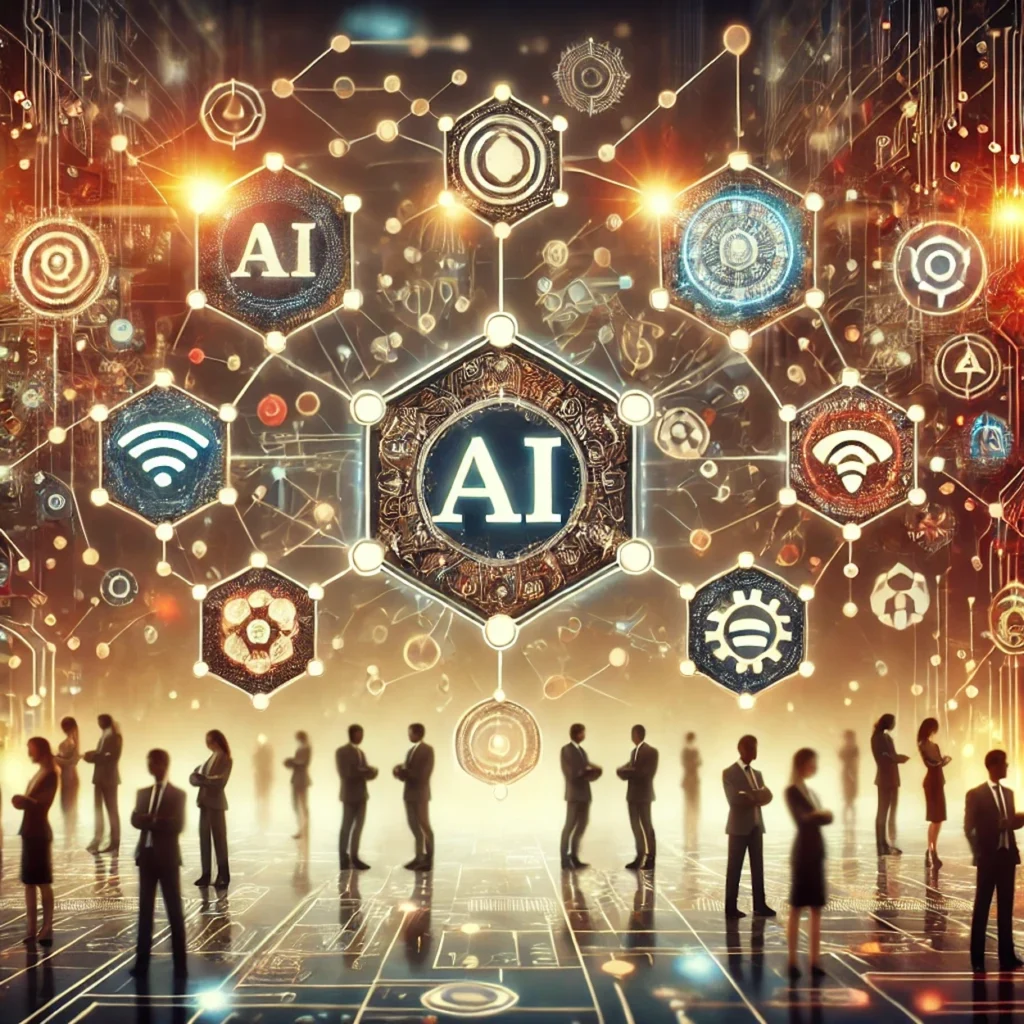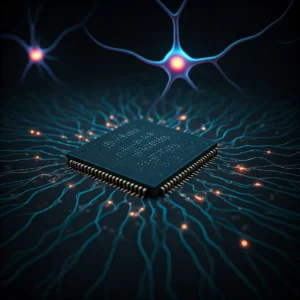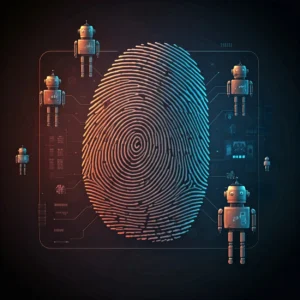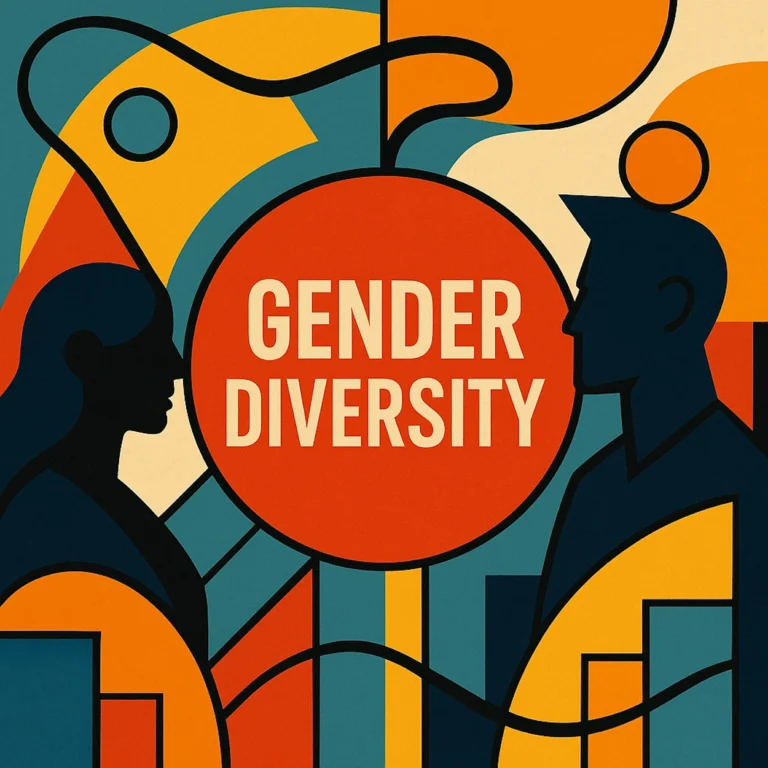As AI continues to advance rapidly, there is a growing need for a governance model that can keep pace with its development without stifling innovation, which includes Decentralised Governance for AI. Decentralised governance frameworks offer a compelling alternative. Where AI oversight is distributed across networks rather than centralised in any single entity. This approach aligns with blockchain’s promise of transparency and accountability. And has the potential to address key concerns like bias, privacy, and misuse by allowing multiple stakeholders to weigh in on AI system updates and policies.
Advantages of Decentralised AI Governance
- Enhanced Transparency: Through distributed ledgers or blockchains, stakeholders have a real-time view of AI decision-making processes and updates. This could reduce the opacity often associated with machine learning algorithms.
- Community-Driven Development: Decentralised governance models allow communities, researchers, and users to have a voice in policy decisions and ethical standards, making AI development more inclusive.
- Responsive Safeguarding: In a decentralised model, empowered stakeholders create and enforce safeguards collaboratively. Allowing for quicker responses to emerging AI risks.
Integrating Accountability Mechanisms
Decentralised frameworks also introduce potential for improved accountability, as the distributed nature of these frameworks makes it harder for single entities to manipulate or alter AI models in secret. For example, models developed within such frameworks could “version-locked.” Preventing unauthorised updates without community approval, a concept that could effectively curb the misuse of powerful AI models.
Recent Developments in Decentralised AI Governance
Several leading tech companies are already committing to new voluntary standards. Focusing on red-teaming practices, safety evaluations, and sharing safety-related data with governments and civil society. Paving the way for broader adoption of decentralised practices. This approach underscored by calls from AI developers for transparent, cross-sector collaborations that allow for robust AI auditing, transparency, and ethical guardrails.
This approach positions decentralised AI governance not just a futuristic concept but an increasingly viable model for responsible AI development. As the field matures, this governance structure may become instrumental in preventing bias, managing societal impact. And ensuring that AI evolves in ways that benefit all stakeholders, not just the organisations that develop it.
For further reading on this topic, there is an academic paper on the same issue.







Leave a Reply